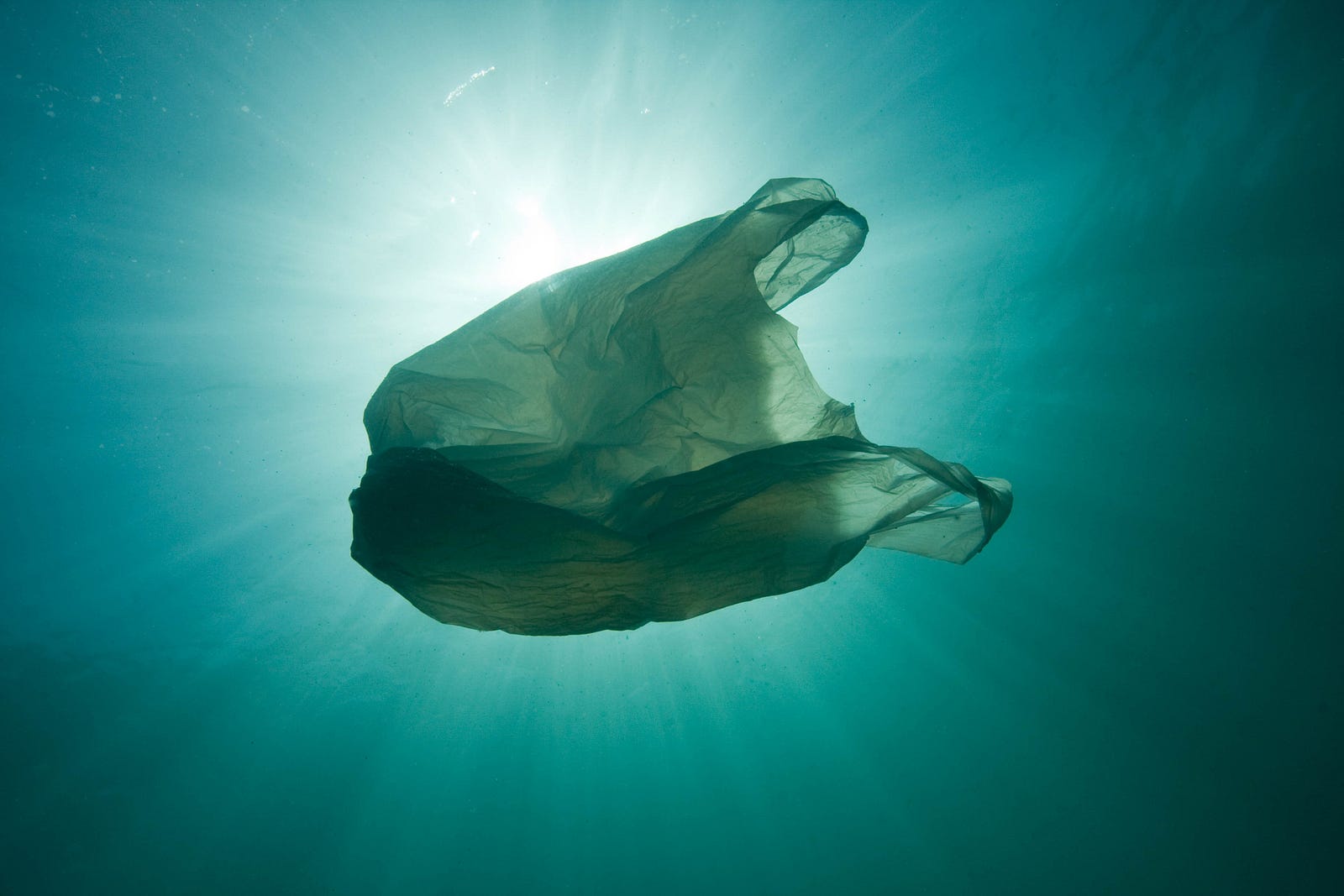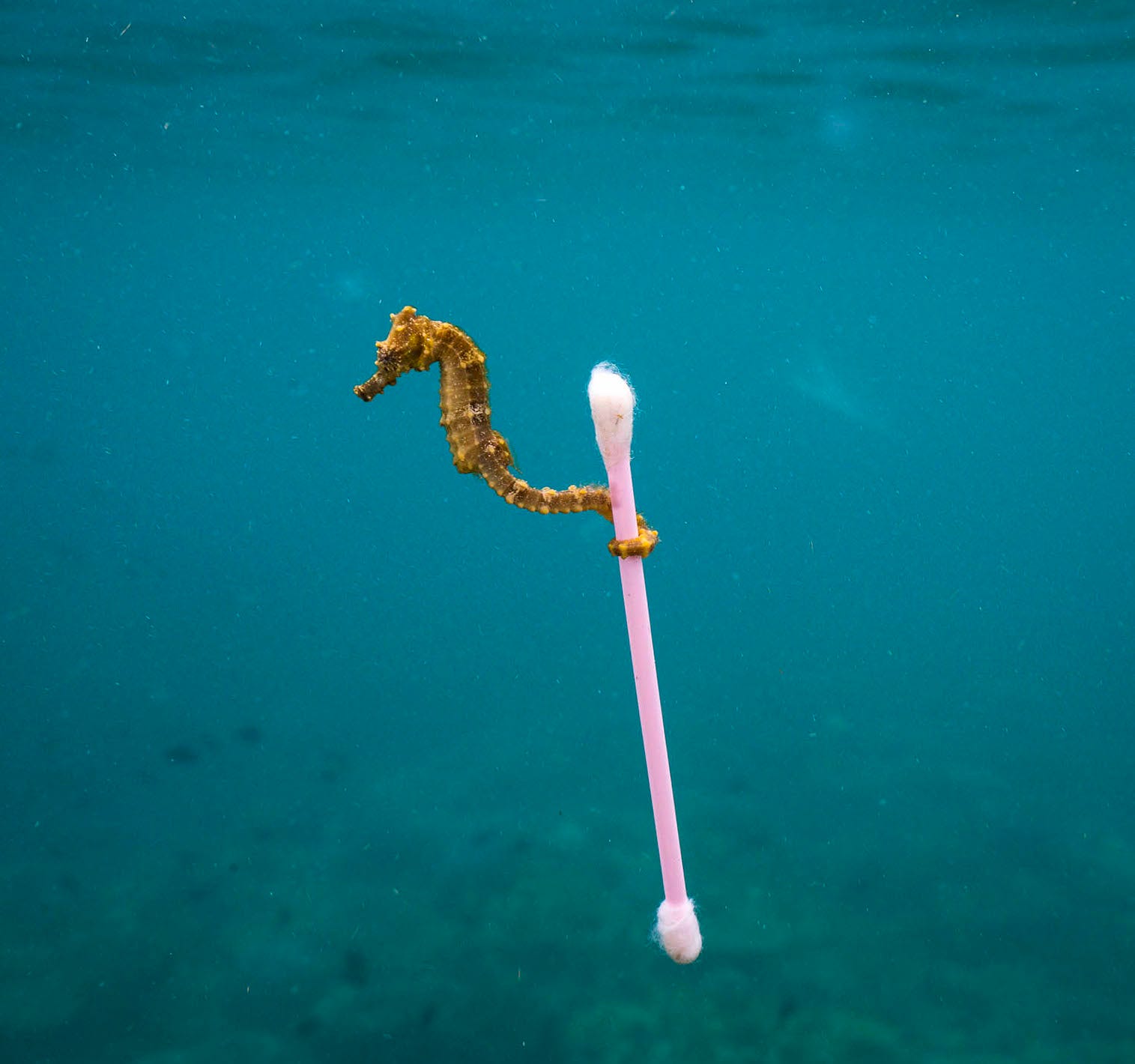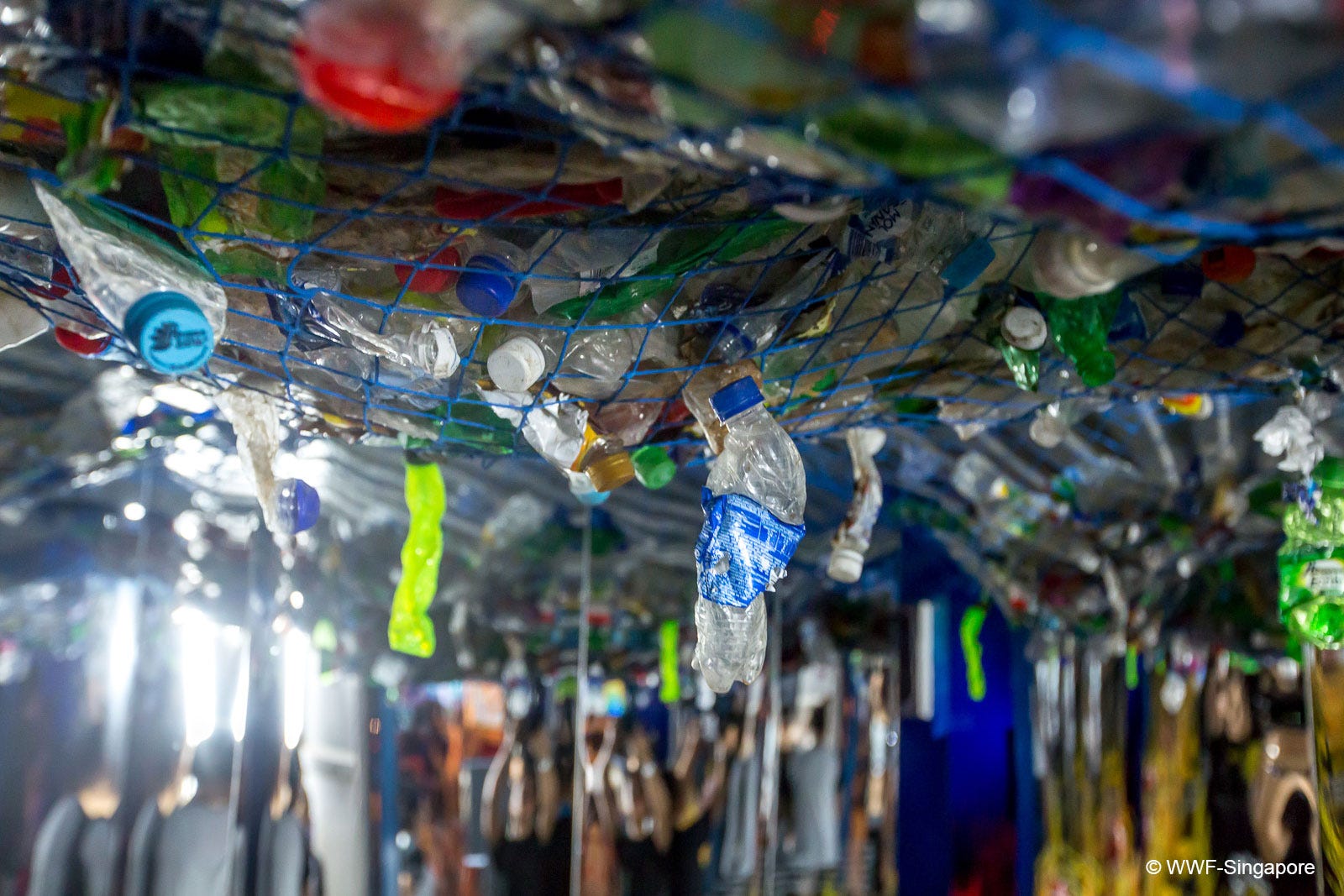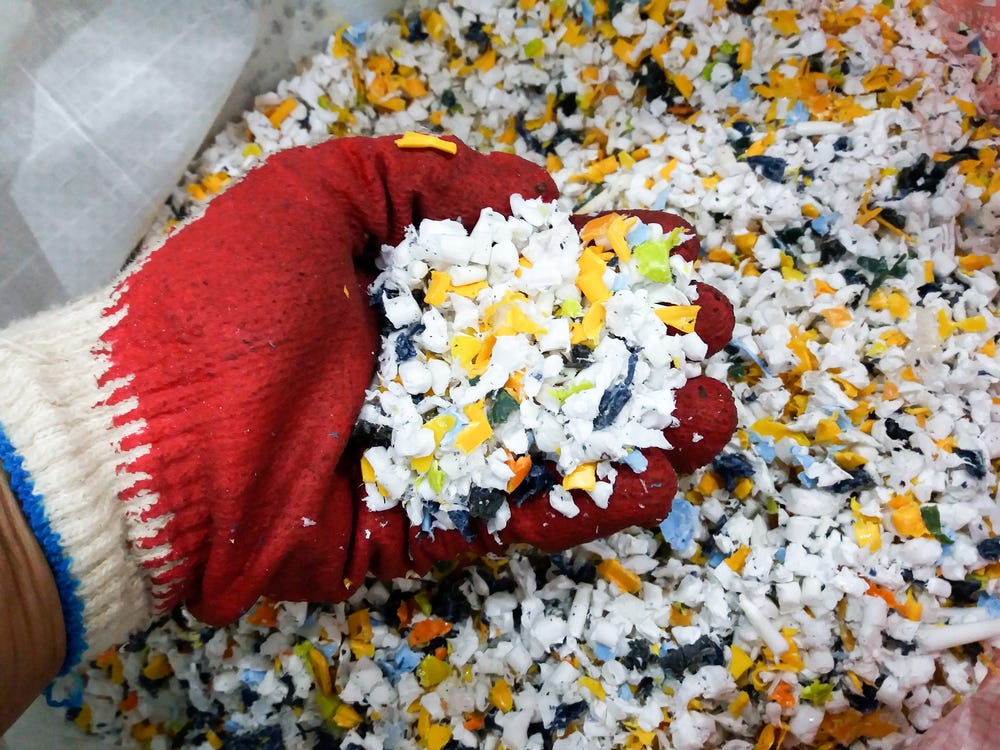Kim Stengert, WWF-Singapore, Chief — External Relations and Strategic Communications
A supermarket plastic bag serves its real purpose for 30 minutes, the duration of a short commute. In a drink, a straw is utilised for just 5 minutes. The use of a plastic stirrer is even more short-lived: all of 10 seconds.
These items have fleeting lifespans, but they outlive us by a long shot — 400 years, to be exact.
Left in our environment, plastics affect ocean health and biodiversity. The problem does not simply end there.
Before they even enter our homes, plastics already contribute to climate change. Globally, the manufacturing of plastics consumes the same amount of fossil fuel as the entire aviation industry.
The world produces 335 million tonnes of plastic every year, of which 91% goes unrecycled.
This is not just an environmental issue but one that affects our health and wellbeing. We are living plastic in every way: eating, drinking and even breathing it. Microplastics have been found in the gut of one out of four fish, in tap water samples of 14 countries and even in air pollution.
Yet, a complete ban on plastics altogether is not a solution. Singapore is an example of this.
There was a huge public outcry when the four largest local supermarkets floated the idea of a plastic bag charge, simply because plastics help ensure hygienic waste disposal. Plastics also help extend the lifespan of fresh food and reduce food waste, another global issue on our radar.
There is no question that this problem needs fixing. But is it possible to wean ourselves off such a commonplace, affordable and useful material?
Introducing ‘useless plastic’
There is a large category of plastic items provide a few minutes of convenience, little utility, and are disposed of in large quantities. Let’s call it what it is: useless plastic!
Most plastic straws, lids, cups and stirrers fall in this category. Refusing these useless plastics is an easy step to cutting down on plastic use.
At the same time, some plastics can be useful. But these can be reduced too.
Alternatives in the form of reusables are widely available in the market today. A recent study by a government agency in Singapore has found that a reusable bag replaces the use of 125 single-use plastic bags in a year.
Another solution is a tax on plastic use. Consumption of single-use plastic bags fell by 95% when Ireland introduced a levy in 2002. A Japanese retail brand, Miniso, witnessed a 75% drop in plastic bag take-up rate in Singapore after it implemented a $0.10 plastic bag charge.
Not all plastics are trash
We have limited time to turn things around. With the looming global plastics crisis, business-as-usual cannot apply.
Even as individuals focus on using less plastic, a wider systemic change is needed to make plastics more useful. Globally, 95% of plastics worth up to US$120 billion are discarded after the first use. Effective recycling ensures that we do not lose economic value from this useful material
Businesses need to be held accountable for the plastics they introduce into the market. Plastic packaging cannot be eliminated, but it can be reduced at the design stage, and recovered from customers after use.
Having the right channels and infrastructure in place will enable recycling by businesses and individuals. Incentives encourage manufacturers to take more responsibility, while disincentives like a plastic tax help spur much needed behaviour change.
Of course, everyone has a part to play. Individuals need to use less plastic, and also support business and government measures that help address this issue.
We need to stop pushing the responsibility between individuals, businesses and government. Everyone needs to step up and take action for a problem we will share with the next 16 generations.
— — — — — — — —
This article has been adapted from a piece by WWF-Singapore, co-signed by other local NGOs and interest groups.















Đăng nhận xét